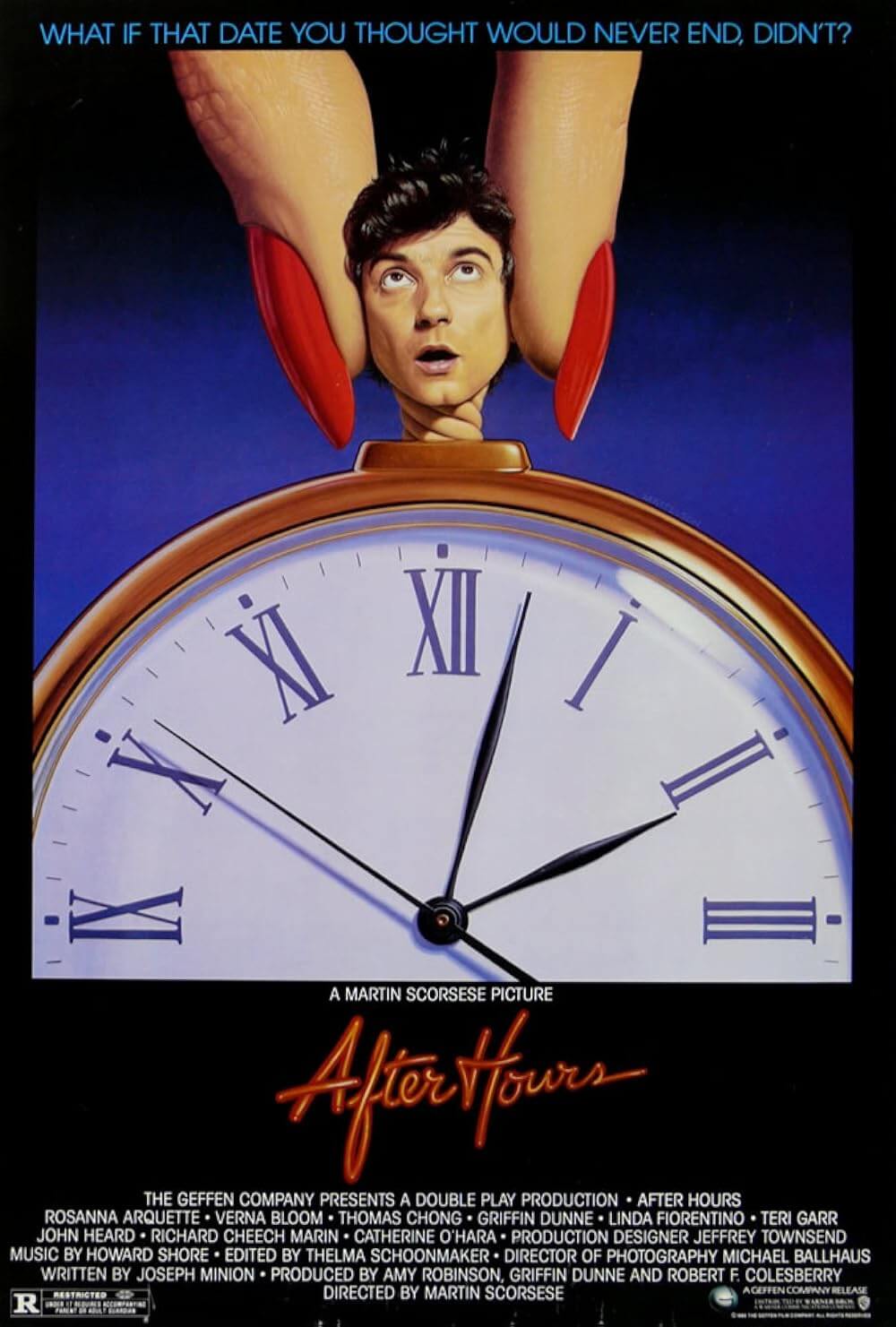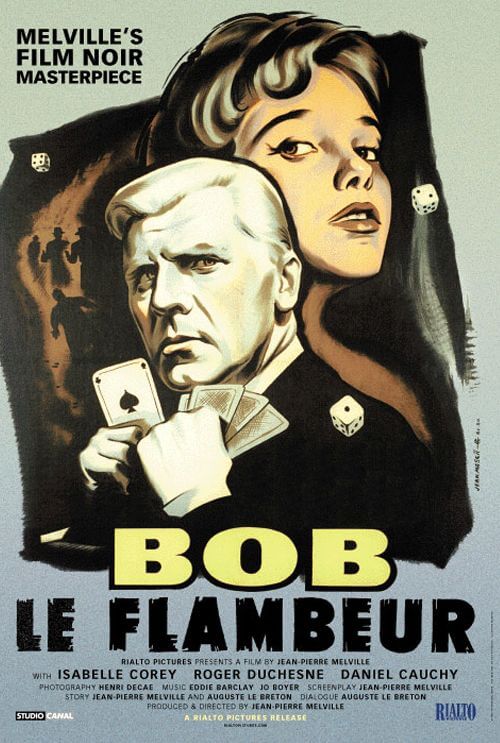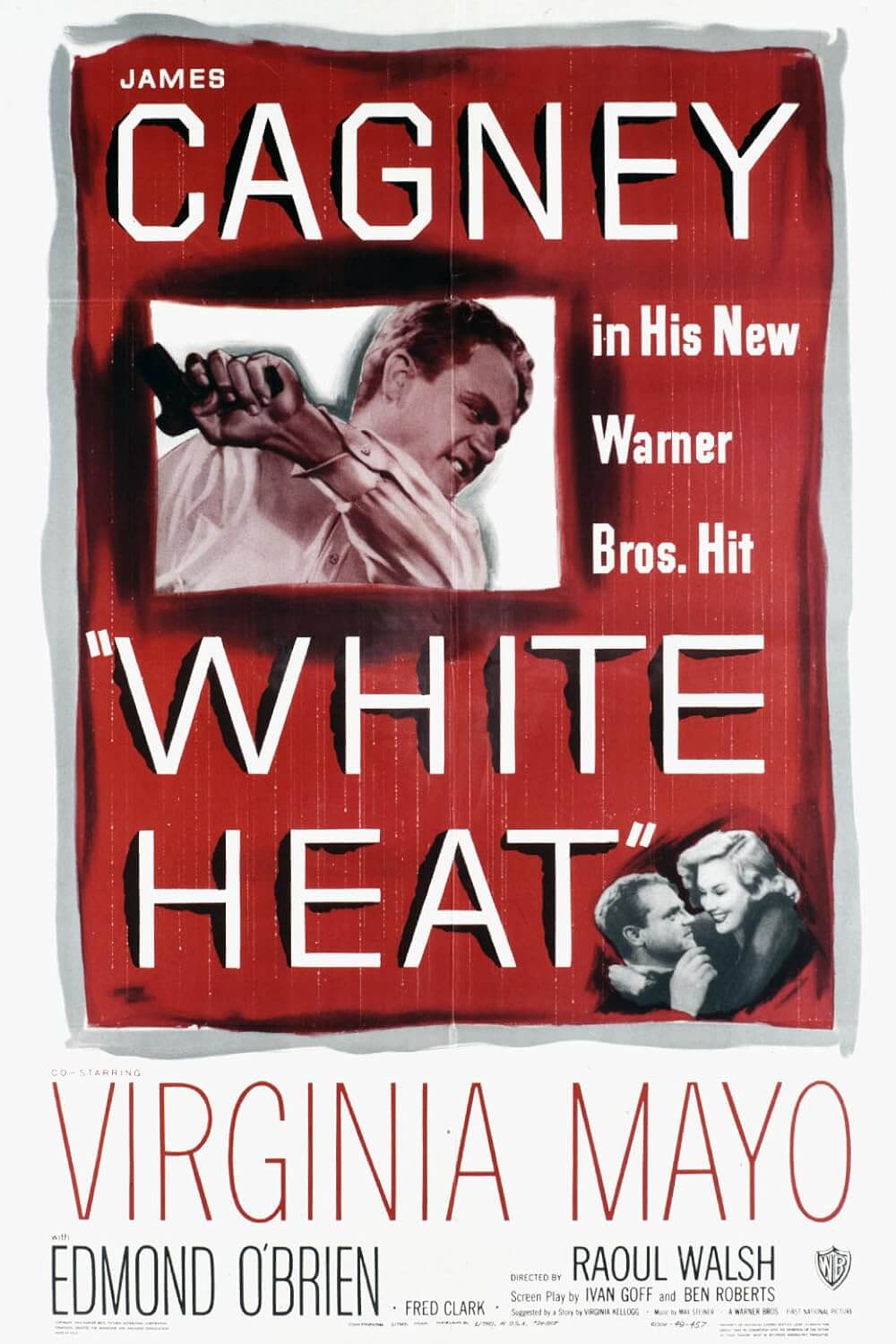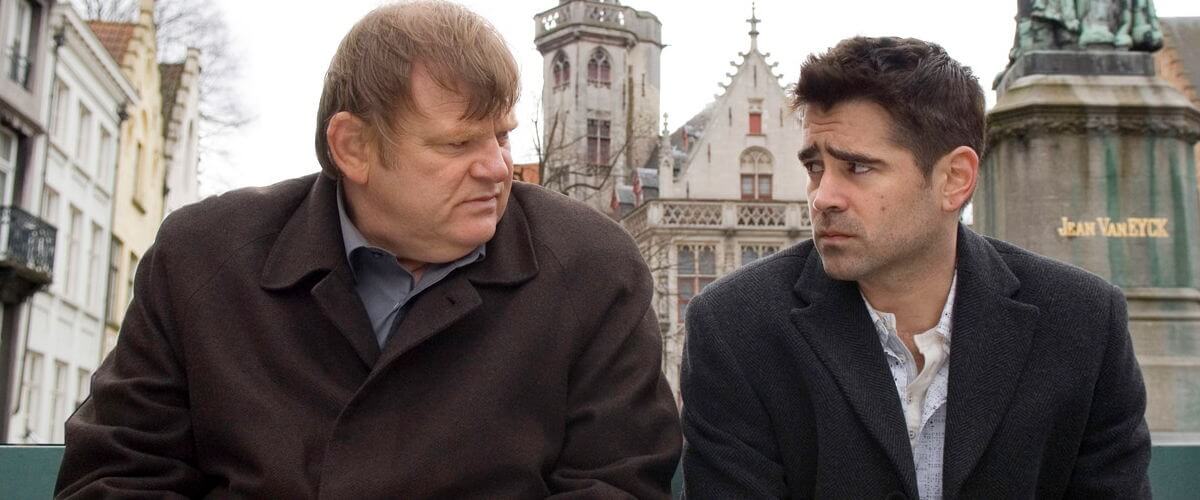
In Bruges
By Brian Eggert |
Bruges, the capital city of Belgium, might not be one of the world’s best-known places. Yet, for me, having studied early Renaissance Flemish painting, this is the city where museums contain masterpieces by Jan Van Eyck and Hieronymus Bosch. The latter artist, Bosch, is best known for his surreal world-turned-upside-down depictions of Purgatory and Hell. Thus, how fitting that Ray, played by the underrated Colin Farrell, should find himself wandering about museums housing such hellfire imagery in Anglo-Irish playwright Martin McDonagh’s feature film debut, In Bruges. Coming from Dublin, Ray and his older, wiser, calmer comrade Ken, played by the burly gentle-giant Brendan Gleeson, arrive to learn Bruges remains today’s most well-preserved Medieval city—Ken offers that fact to Ray with much enthusiasm. Ray, however, couldn’t be less interested. “If I’d grown up on a farm and was retarded, Bruges might impress me,” Ray quips. “But I didn’t, so it doesn’t.” That Ray doesn’t appreciate Bruges’ canals or splendid architecture is one of the film’s ongoing jokes, but it’s also one of its most profound ironies.
As guns for hire, Ray and Ken are in hiding, sent to Bruges for an indeterminate length of time for an indeterminate reason, by their boss, Harry (Ralph Fiennes), who is only heard on the telephone until the film’s third act. On his first job back in Dublin, Ray offed a priest (Ciarán Hinds), but not before confessing the crime he was about to commit. Bullets shot through the priest’s back into an innocent church-going patron in the wrong place at the wrong time. Ray’s conscience now torments him about this unintentional kill. Indeed, much of the film hinges on Farrell’s ability to make us believe his character is wrought with guilt over killing the wrong person.
Farrell is so good at portraying shaky and nervous guilt. When tears start to flow, we believe it. And when he says he wants to die, we understand why. Farrell conveys the torment of someone with the world coming down on his shoulders. He played a similar role earlier this year, in Woody Allen’s excellent thriller of conscience Cassandra’s Dream, wherein Farrell kills a man out of desperation. By contrast, Ray doesn’t seem to mind the whole murder-for-hire thing. Murder itself is not Ray’s concern; rather, in his mind, the priest deserved what he got—0therwise, he wouldn’t have had a contract out on him. It’s the faultless bystander, wholly innocent and unworthy of death when it came, who troubles Ray.
But rather than dwelling on Ray’s guilt, much of the film concerns boredom, in that Ray sees Bruges as a type of tedium-laden Purgatory. He and Ken are supposed to keep a low profile. They are wanted men, after all. They intend for some quiet sightseeing during the day, and some room service at night—all while they wait for Harry to call with instructions. Ray convinces Ken to go out one night, to savor Bruges’ architecture, lit up with picturesque splendor. They stumble upon a film crew where Ray meets Chloë (Clémence Poésy), a local who sells drugs to the cast and crew. She agrees to a date with Ray, finding his desperate candor and vulnerability at once humorous and saddening. Ray also meets Jimmy (Jordan Prentice), a dwarf actor in the film crew’s Bosch-esque dream sequences, inspiring a number of politically incorrect tirades. Insisting on calling him a “midget,” Ray doesn’t hold back his questioning: “Do you ever think about killing yourself… You know, because you’re a midget?” He goes on to recall the actor-dwarves who have killed themselves as if Jimmy weren’t already uncomfortable.
Farrell’s brutal honesty and candid rhetoric gain personality from his relaxed, original Irish tongue. It’s a casual performance, but an incredibly affecting one, from an actor too often seen as merely a party boy. I must not underplay Brendan Gleeson, however, as he too gives a wonderful performance, with fatherly airs, and as sympathetic as ever. In movies such as 28 Days Later, he manages supreme kindliness, something he tricks us within this film. We often forget that these are hitmen, as McDonagh displaces them, so they, too, forget who they are and why they’re there. I should be careful not to divulge much about the plot. Suffice it to say, the movie is about meaningful conversations, idleness, boredom, remorse, hard laughs, stark violence, and grotesque humor—I loved it.
McDonagh’s structure comes off as poetic in the end, working out perfectly, the way something by David Mamet (House of Games) might. Having won an Oscar for his 2006 short film Six Shooter, which also starred Gleeson, McDonagh is making a name for himself in the film industry, and I hope he keeps making movies. Undoubtedly, there will be comparisons to Pulp Fiction, if only because McDonagh uses hitmen as his protagonists. And yet, Ray and Ken are amiable chaps, not to be turned into bad guys as the plot wills. In Bruges works so well because its characters feel authentic; even Ralph Fiennes, when he shows up to clean house in the finale, offers humanist ethics to his imperiously vile character. The film’s events flow with natural dialogue, grand views of the cityscape, and constant, biting humor. At its center resides a thoughtful morality tale, which keeps us drawn to the film’s characters, and, most importantly, doesn’t sell out the way other Hollywood crime thrillers might.
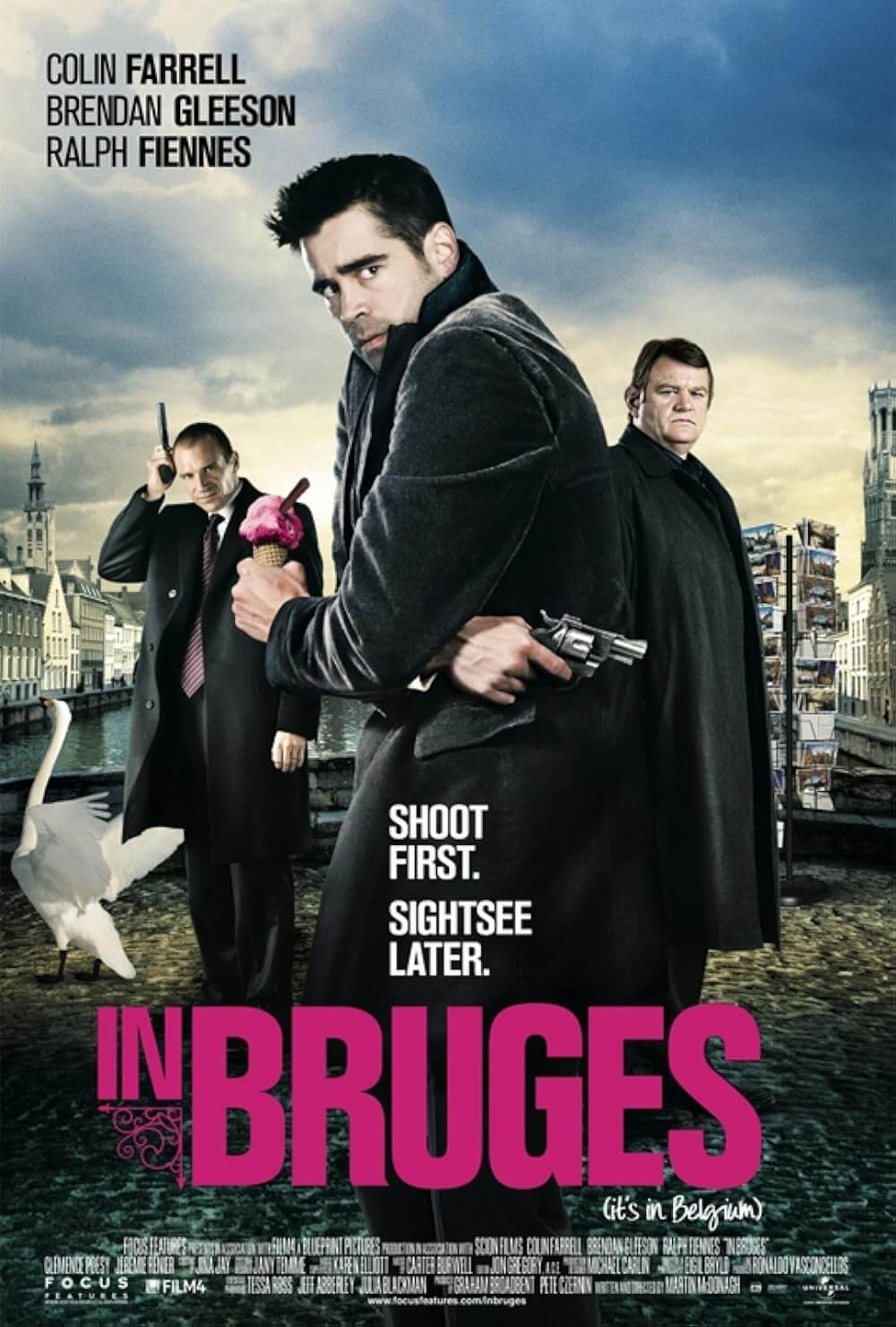
Thank You for Supporting Independent Film Criticism
If the work on DFR has added something meaningful to your love of movies, please consider supporting it.
Here are a few ways to show your support: make a one-time donation, join DFR’s Patreon for access to exclusive writing, or show your support in other ways.
Your contribution helps keep this site running independently. However you choose to support the site, please know that it’s appreciated.
Thank you for reading, and for making this work possible.
Brian Eggert | Critic, Founder
Deep Focus Review


